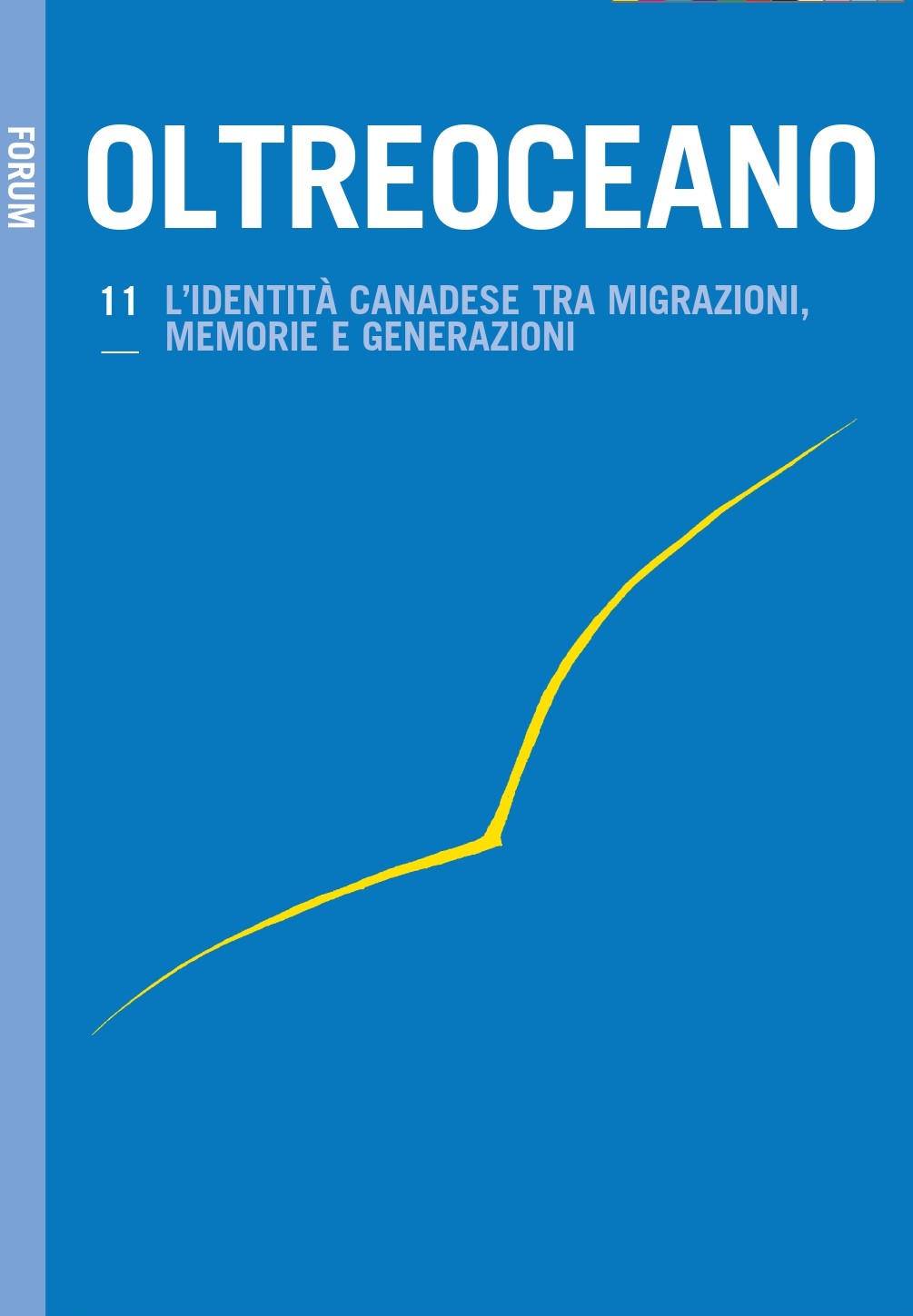Une relation de sang et de foi au XVIIe siècle: la correspondance de Marie de l’Incarnation à son fils Claude Martin
Keywords:
correspondance, relation mère-fils, vocation religieuseAbstract
La contribution examine la correspondance que Marie de l’Incarnation (1599-1672), missionnaire en Nouvelle-France, adressa à son fils qui, demeuré en France, devint bénédictin. Les lettres révèlent que l’amour pour Dieu, cause de l’abandon de Claude, est à l’origine
d’une réunion qui redéfinit les correspondants dans leurs rôles. C’est en nous focalisant sur quelques aspects thématiques et discursifs de la correspondance que nous mettons en lumière la singularité de la relation, due au croisement du lien biologique avec le lien religieux.
A Blood and Faith Relationship in Seventeenth Century: Letters from Marie de l’Incarnation to his Son Claude Martin
The contribution examines the correspondence that Marie de l’Incarnation (1599-1672), missionary in New France, addressed to her son who, remained in France, became a Benedictine. The letters reveal that love for God, cause of Claude’s desertion, originates a reconciliation redefining the letter-writers’ in their own roles of mother and son. Focusing our attention on thematic and discursive aspects, we point out the relationship’s singularity, determinated by the crossing of blood and religious ties.
Una relazione di sangue e di fede nel XVII secolo: le lettere di Marie de l’Incarnation a suo figlio Claude Martin
Il contributo prende in esame la corrispondenza che Marie de l’Incarnation (1599-1672), missionaria in Nuova Francia, indirizzò al figlio che, rimasto in Francia, divenne benedettino. Le lettere rivelano che l’amore per Dio, causa dell’abbandono di Claude, è all’origine di
una riconciliazione che ridefinisce i corrispondenti nei rispettivi ruoli di madre e figlio. La focalizzazione su alcuni aspetti tematici e discorsivi permette di mettere in luce la singolarità della relazione, data dall’incrocio del legame biologico con quello religioso.
Downloads
References
Bruneau, M.-F. (1994): Le sacrifice maternel comme alibi à la production de l’écriture chez Marie de l’Incarnation. Études littéraires, 27, 2, pp. 67-76.
Dunn, M. (2016): The Cruelest of All Mothers. Marie de l’Incarnation, Motherhood, and Christian Tradition. New York: Fordham University.
Ferraro, A. (2005): Le corps de l’Autre. Marie de l’Incarnation et les Sauvages. In A. Ferraro (Éd.), Altérité et insularité. Relations croisées dans les cultures francophones (pp. 47-59). Udine: Forum.
Gélis, J. (1986): L’individualisation de l’enfant. In Ph. Ariès & G. Duby (Éds.), Histoire de la vie privé. De la Renaissance aux Lumières, III (pp. 311-329). Paris: Seuil.
Houdard, So. (2009): Le cri public du fils abandonné ou l’inexprimable secret de la cruauté d’une mère. Littératures Classiques, 68, pp. 273-284.
Landy-Houillon, I. (2009): L’émergence du je dans les écritures croisées de Marie de l’Incarnation et de Claude Martin, son fils. In R. Brodeur, D. Deslandres & T. Nadeau-Lacour (Éds.), Lecture inédite de la modernité aux origines de la Nouvelle-France. Marie de l’Incarnation et les autres fondateurs religieux (pp. 61-73). Québec: Université Laval.
Landy-Houillon, I. (2010): Au bruit de tous les infinis: la correspondance de Marie Guyart de l’Incarnation et de son fils Claude Martin”. Littératures Classiques, 71, pp. 303-325.
Downloads
Published
How to Cite
Issue
Section
License

This work is licensed under a Creative Commons Attribution-NonCommercial-ShareAlike 4.0 International License.
The authors undertake to comply with the following conditions, which are considered accepted at the time of submission of their contributions.
The sending of a text implies that it is unpublished and not submitted to be published elsewhere.
1. If accepted, the author shall confer on the publisher the right to publish and distribute it both in paper form and in the online electronic edition. The published articles will be downloadable and made available in open access.
2. Provided that it correctly indicates that the first publication took place in the journal Oltreoceano. Rivista sulle migrazioni the author has the right to: a) reproduce the article in separate extracts or collected in a volume; b) publish the article on their personal website or teaching site provided that these sites are of a non-commercial nature; c) deposit the article in online archives of a non-commercial nature, linked to the institution they belong to or as part of projects for the non-commercial dissemination and open access of scientific works.
The use of contributions by third parties, for commercial or otherwise unauthorized purposes, is not allowed. The publisher declines all responsibility for the unauthorized use of the material published in the journal.












